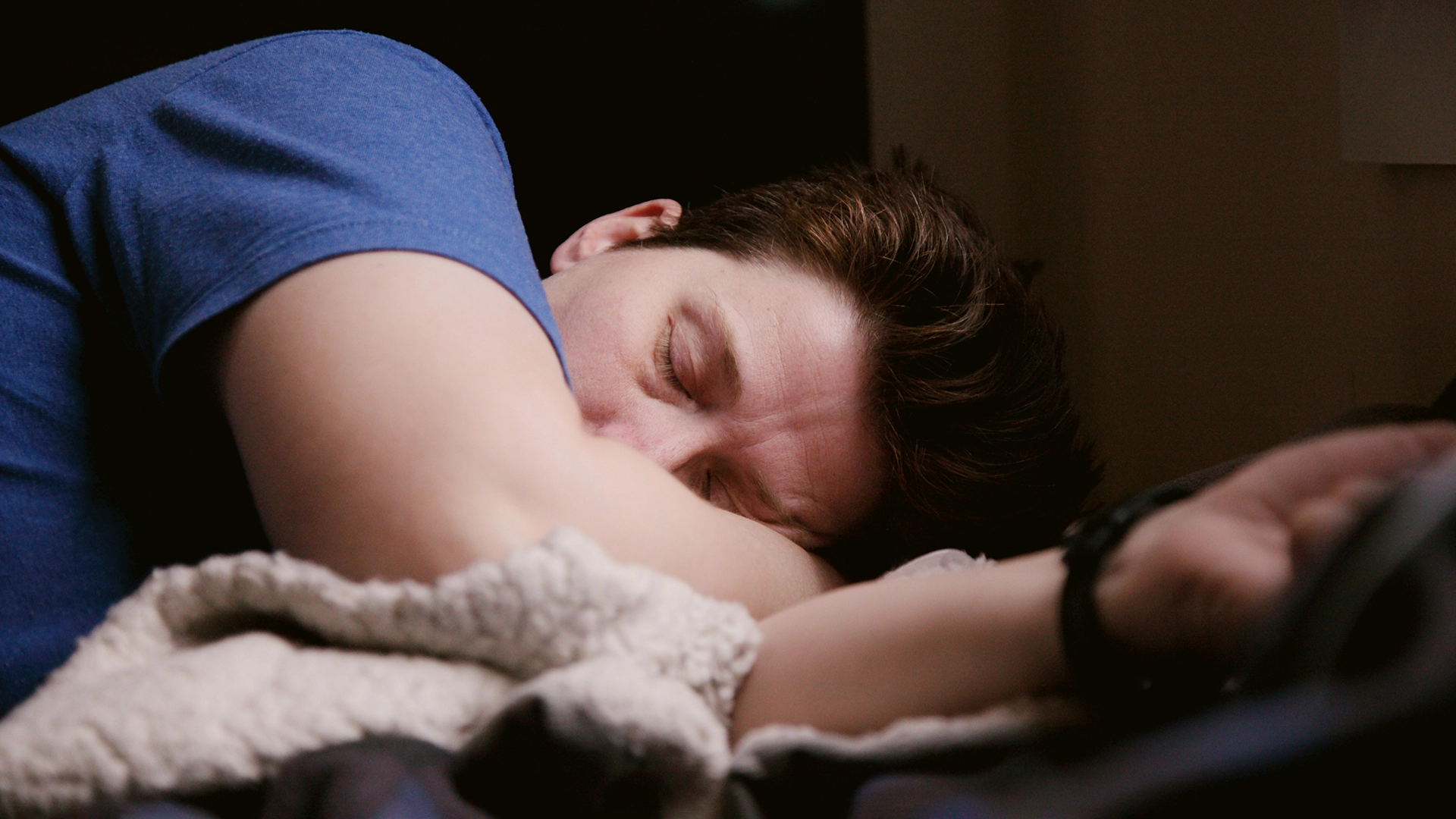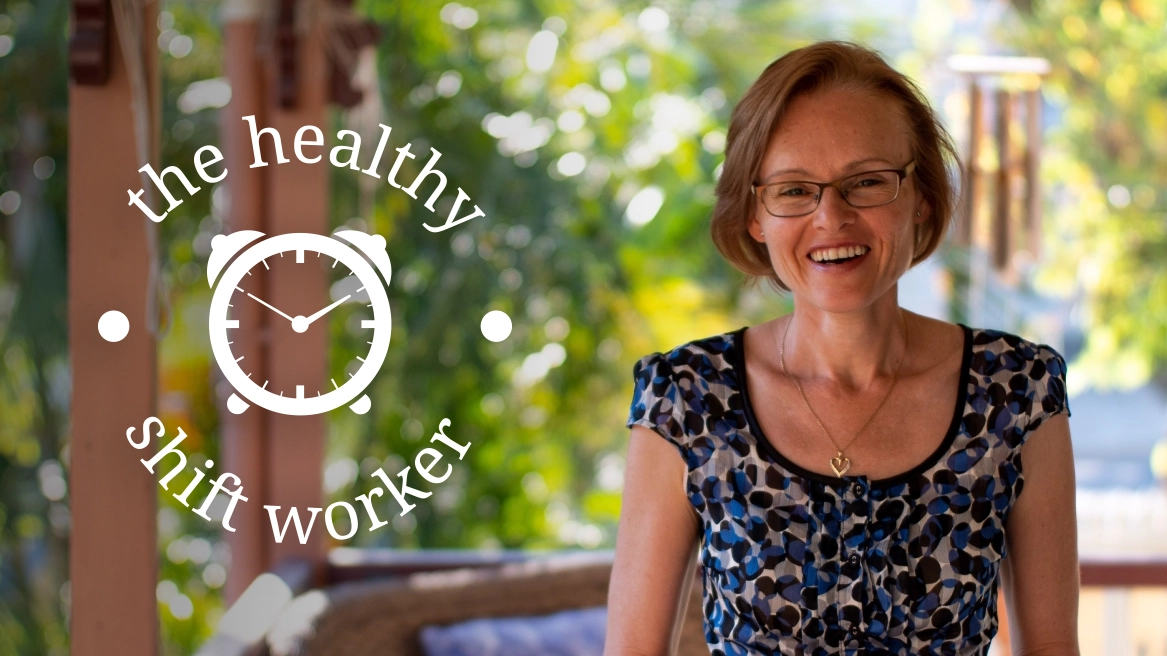Ditching the processed foods not only help us to feel better (and shake off a few extra kilos!), but it also helps us to sleep better.
This is because most processed foods are:
- Low in dietary fibre required to support optimal gut health. Poor gut health impacts the production of certain hormones and inhibitory neurotransmitters such as gamma-aminobutyric acid (GABA) and glycine, which help to calm the nervous system and encourage better sleep. Lack of GABA also contributes to anxiety in a lot of people, which can make it difficult to fall asleep and stay asleep.
- High in refined sugars which feed pathogenic bacteria leading to an imbalance of gut microbes, otherwise known as dysbiosis. For example, when there is an overgrowth of a yeast infection such as Candida, it causes inflammation in the gut. This in turn triggers production of cortisol – a stress hormone that also acts as an anti-inflammatory. When cortisol levels are elevated, it can contribute to insomnia because it dampens down production of the sleep-regulating hormone, melatonin.
- Deficient in nutrients that play a role in sleep such as vitamins B1, B3, B5, B6, folate, magnesium, zinc, iron and calcium – all of which help to facilitate the many biochemical processes required to produce melatonin. For example, magnesium, calcium and vitamin B5 act as co-factors in the conversion of serotonin to melatonin.
So if you’re struggling with continual bouts of broken sleep (on top of working shift work), it might be time to take a good look at your diet. Because gut disturbances and nutrient deficiencies as a result of consuming foods that are highly refined and processed may be further contributing to your sleep disturbance – in addition to the shift work itself.
Audra x
References:
Ji, X, Grandner, M & Liu, J 2017, ‘The relationship between micronutrient status and sleep patterns: a systematic review’, Public Health Nutrition, vol. 20, no. 4, pp. 687-701.
Li, Y, Hao, Y, Fan, F & Zhang, B 2018, ‘The role of microbiome in insomnia, circadian disturbance and depression’, Frontiers in Psychiatry, vol.9, no. 669, pp. 1-11.
Smith, R, Easson, C, Lyle, S, Kapoor, R, Donnelly, C, Davidson, E, Parikh, E, Lopez, J & Tartar, J 2019, Gut microbiome diversity is associated with sleep physiology in humans’, PLOS One, vol. 14, no. 10, pp. 1-17.



0 Comments